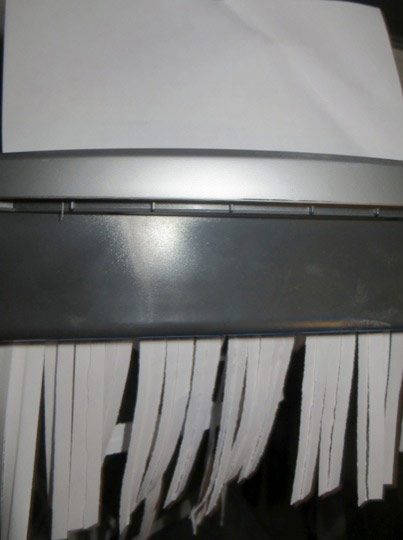A Highly Relevant Detour
Now, a bit of a highly relevant detour. Governments levy taxes to raise funds so the governments can function, but those taxes always have impacts in addition to the fund-raising. In the United States, governments tax tobacco to raise money and reduce smoking. Governments tax alcohol to raise money and reduce drinking. And, governments tax the wages of workers to raise money… and reduce working?
Reducing the value of work does reduce working. For example, suppose Dr. Alley has $100 to get help with some task. Compare two options: he offers some students $100 to help, or, he offers the students $50 to help, and the government gets the other $50. Which is more likely to convince the students to change their plans and go help Dr. Alley? The answer should be clear.

Just as taxing tobacco, alcohol and wages tends to reduce smoking, drinking and working, respectively, taxing our fossil fuels would reduce their use, as well as promoting substitutes that now are more expensive than the fossil fuels. And, because energy use powers the economy, this would reduce economic activity unless certain other actions were taken.
If a tax (or a cap-and-trade program) were developed to reduce CO2 emissions, the economic impacts would depend hugely on what was done with the money raised. Some political campaigns in the US recently featured advertisements using numbers assuming that money collected from a cap-and-trade system was then run through a shredder, disappearing completely from the economy. This makes the cap-and-trade program sound very expensive, which may be politically useful. But, in our experience, governments that get money tend to spend it rather than shredding it.
